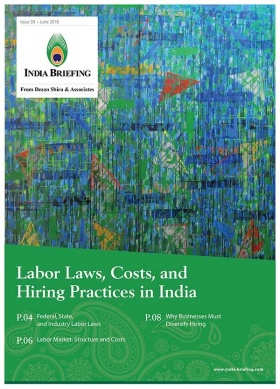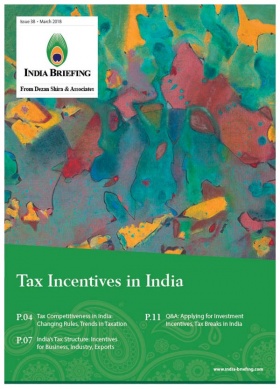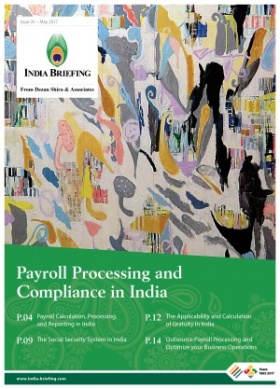Labor Laws in India – A Guide to Federal, State, and Industry Specific Regulations
The concurrent nature of labor laws in India can be confusing for companies that are newly established or looking to expand in the country. Read to know more about India’s federal, state, and industry specific labor laws.
Maternity Leave in India: The Law and Benefits
Last year, India amended its maternity law – surpassing many European and Asian countries with regards to maternity benefits. In this article, we discuss the benefits available, applicability, and compliance requirements under the amended law.
Talent Procurement in India’s Information Technology Sector
India has a highly talented labor force capable of maintaining the country’s information technology global competitiveness. Read more to know about the state of IT talent pool in India.
#MeToo Movement in India: The Sexual Harassment Law and HR Best Practices
As #MeToo gains momentum in India, companies must take a more substantive approach to sexual harassment of women at the workplace. Learn about the Prevention of Sexual Harassment at Workplace Act, and HR best practices to ensure compliance.
Section 377: LGBT Rights and HR Policy in the Indian Workplace
In its section 377 judgment, the Supreme Court of India supported framing LGBT-friendly HR policies. Read to know about establishing an LGBT-friendly workplace in India, and why inclusive HR policies work for all.
No Government Approval Needed to Pay Top Managers in India: MCA
MCA has recently announced that public companies in India will not require government approval to pay top managers in excess of 11 percent of the net profit of the company.
Delhi’s Minimum Wage Law: What Employers Need to Know
The Minimum Wages (Delhi) Amendment Act came into effect in May 2018; it stipulates new minimum wage rates, digital record of employees, cashless payments, and harsher penalties for non-compliance.
HR Management in the Digital Workplace: Tips for Employers in India
The optimal digital HR management strategy can automate company processes, ensure they are data-driven, and respond to internal and external pressures while also transforming the workforce in the organization.


















